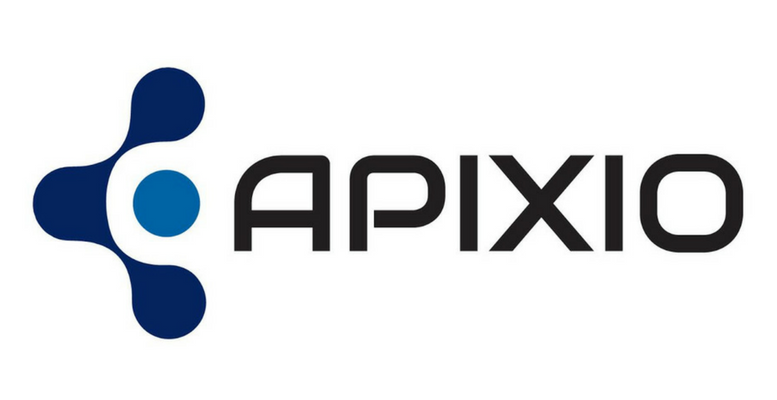HCC Profiler Solution Delivers More Accurate Risk Adjustment for Health Plans
Apixio Inc., the data science company for healthcare, today introduced its HCC Profiler for Commercial Risk, for more accurate and complete risk coding for health plans on the federal and state health insurance exchanges. HCC Profiler for Commercial Risk leverages Apixio’s cognitive computing platform to read clinical charts and medical billing data to ensure that risk scores appropriately reflect conditions treated for individuals each year, with less time and effort. With a more complete view of patient conditions, insurers can better predict healthcare costs and be more successful on the Affordable Care Act (ACA) exchanges.
“Risk adjustment plays a fundamental role in making the Affordable Care Act exchanges successful, yet it is notoriously difficult to achieve,” said Darren Schulte, MD, CEO, Apixio. “Each year, plans need to determine conditions treated for each member from both medical charts and claims. Many plans are not as experienced with this risk adjustment work. With our HCC Profiler for Commercial Risk solution, health plans can now analyze very large sets of medical records to compile more accurate scores and better predict costs. This allows plans to improve coverage, boost the quality of care and ultimately thrive on the public exchanges.”
Under Obamacare, health plans are unable to charge higher premiums based upon pre-existing conditions. To compensate, among other things, the law created a premium transfer program based upon risk scores to ensure that the health insurance exchange market remains viable. In each state, insurance plans with healthier members essentially transfer a portion of their total premium dollars to plans with sicker members. In the 2015 benefit year, risk adjustment transfers equaled 10 percent of premiums in the individual market and 6 percent of premiums in the small group market, according to recent report from the Department of Health and Human Services. For example, Health Republic Insurance of New York (a now defunct insurance co-op) paid $191.3 million in 2015 premiums collected to competitor plans in New York., according to CMS data.
Risk scores are generated largely based upon the diagnosis codes that physicians include on their insurance claims to receive payment for services. However, in many cases, conditions for which individuals are being treated are not included among the diagnosis codes captured on claims. When this occurs, experts must painstakingly request and retrieve medical charts in order to review them for relevant diagnoses to capture an accurate risk score.
Apixio’s HCC Profiler for Commercial Risk eradicates this issue by using cognitive computing to read and decipher physician and hospital records to identify the specific pages in which conditions are well documented for expert coders’ review.
“Achieving accurate risk scores is a significant challenge for those in the exchanges. Current risk adjustment data may be incomplete or inaccurate due to coding discrepancies and the inability to access data across multiple sources,” said Tam Pham, Solutions Executive, Apixio. “With Apixio’s HCC Profiler for Commercial Risk, health plans will be better prepared to succeed in the exchanges.”
To learn more about HCC Profiler for Commercial Risk, visit: http://www.apixio.com/

